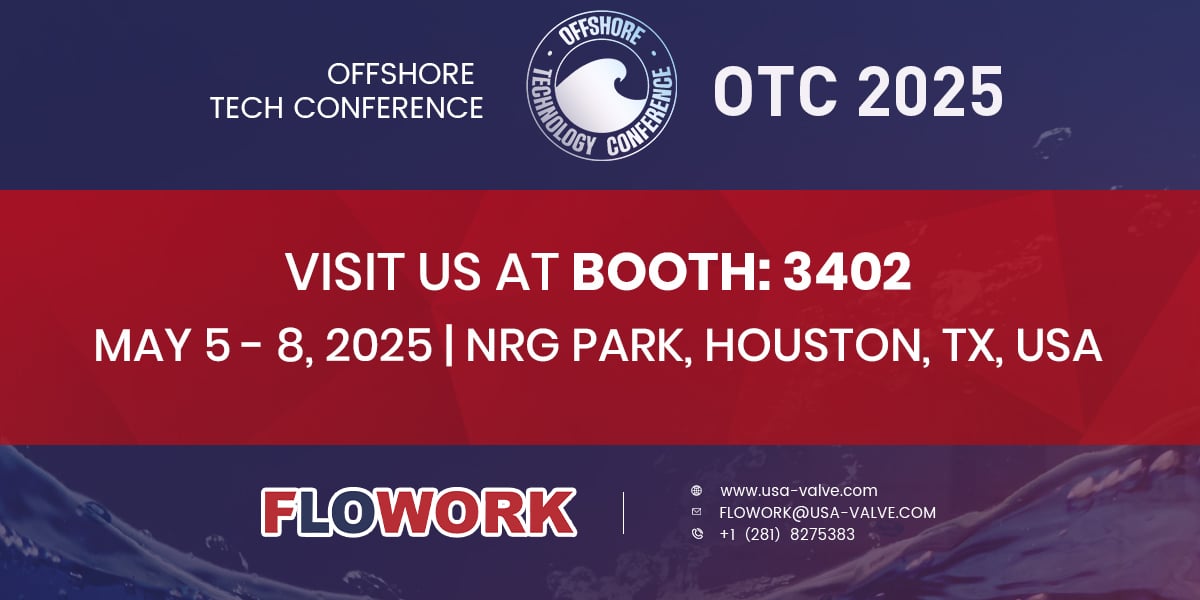What are the disadvantages of special steel gate valves?
Disadvantages of special steel gate valves. Special steel gate valves, although favored in many applications for their high strength, corrosion resistance and other properties, also have some unavoidable disadvantages. Below I will analyze these disadvantages in depth from multiple perspectives, such as cost, weight, thermal expansion coefficient, etc., to help everyone understand this field more comprehensively.
1. Understand special steel gate valves
Specialty steel gate valves find widespread use in a variety of industrial applications, but like all engineering materials and technologies, they are not perfect. Understanding the shortcomings of these valves is critical to the proper selection, installation, and maintenance of these systems. I'll take a closer look at these disadvantages to help engineers and technicians make informed decisions, api 6d check valve.
2. High cost
A significant disadvantage of special steel gate valves is their high cost. Due to the use of high-performance specialty steels and precision manufacturing processes, these valves are typically more expensive than traditional cast iron or carbon steel valves. This increases the initial investment cost of the project and can be an important consideration for projects with limited budgets.

3. Larger weight
Specialty steel gate valves often weigh more, which can be a challenge to install and maintain. In systems that require frequent operation or maintenance, overweight valves may increase labor intensity and time costs for workers. In addition, overweight valves may cause additional stress on the support structure and piping system, affecting the stability and life of the system, cast steel check valve.
4. High thermal expansion coefficient
Special steels usually have a high coefficient of thermal expansion, which means that the size of the valve will change significantly in high-temperature environments. This can cause fit problems between the valve and the piping system, such as leaks, sticking, etc. In order to solve this problem, the impact of thermal expansion needs to be fully considered during design and installation, and appropriate compensation measures must be taken.
5. Susceptible to erosion and corrosion
Although special steels have good corrosion resistance, valves may be affected by erosion corrosion in certain fluids with high flow rates or containing abrasive particles. This corrosion can cause damage to the valve surface and reduced performance, and may even lead to leakage or failure. To reduce the effects of buffer brush corrosion, coatings or other protective measures may be considered.
6. Difficulties in processing and maintenance
Special steels are often difficult to process and repair due to their high hardness and strength. Traditional machining methods may not be suitable, requiring special tools and processes. Additionally, if a valve fails or becomes damaged, repair or replacement may be costly and time-consuming. This can be an important consideration for systems requiring high reliability and availability, pressure seal check valve.

7. Application field restrictions
Although specialty steel gate valves perform well in many applications, they are not suitable for every scenario. In some extreme environments or specific applications, higher performance materials or more specialized designs may be required. For example, in environments such as ultra-high temperature, ultra-low temperature, strong radiation or strong corrosion, special steel gate valves may not be able to meet the requirements. In these cases, other types of valves or materials need to be considered.
8. Magnetic influence
Specialty steels often have some degree of magnetism, which can cause problems in some applications. For example, in systems that need to avoid electromagnetic interference, magnetic valves may generate unnecessary magnetic fields that interfere with the normal operation of surrounding equipment. In addition, in some high magnetic field environments, the magnetism of the valve may also cause the valve to be adsorbed or stuck, affecting the normal operation of the system. In order to reduce the influence of magnetism, you can choose special steel with low or non-magnetic properties, or use appropriate shielding measures.
9. Risk of hydrogen embrittlement
Special steel gate valves may face the risk of hydrogen embrittlement under specific environments and usage conditions. Hydrogen embrittlement is a phenomenon in which hydrogen atoms enter the interior of steel and cause the steel to embrittle under the action of stress. This may cause the valve to suddenly fail without obvious warning, causing serious safety hazards. In order to avoid the risk of hydrogen embrittlement, it is necessary to select steel with better hydrogen embrittlement resistance and strictly control the use environment and conditions of the valve, butt weld check valve.

10. Poor welding performance
Due to the complex chemical composition and microstructure of special steels, their welding performance is usually poor. Defects such as cracks, pores, and slag inclusions may occur during the welding process, affecting the strength and sealing performance of the valve. In order to solve this problem, it is necessary to select steel with better welding performance and adopt appropriate welding processes and parameters. Strict inspection and control are also required during the welding process to ensure that the welding quality meets the requirements.
Although special steel gate valves have many advantages, they also have some disadvantages that cannot be ignored. When selecting and using these valves, factors such as cost, weight, thermal expansion coefficient, erosion corrosion, processing maintenance, application field limitations, magnetic effects, hydrogen embrittlement risk and welding performance need to be fully considered. To overcome these disadvantages and meet application requirements, you can try the following methods:
Select appropriate materials and coatings to improve the valve’s corrosion resistance and erosion resistance;
Optimize the design and manufacturing process of the valve, reduce weight and improve the convenience of processing and maintenance;
Consider other types of valves or materials to meet specific application requirements;
Strengthen the inspection and maintenance of valves to promptly discover and deal with potential safety hazards.









